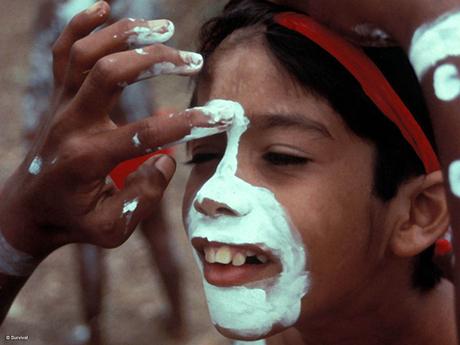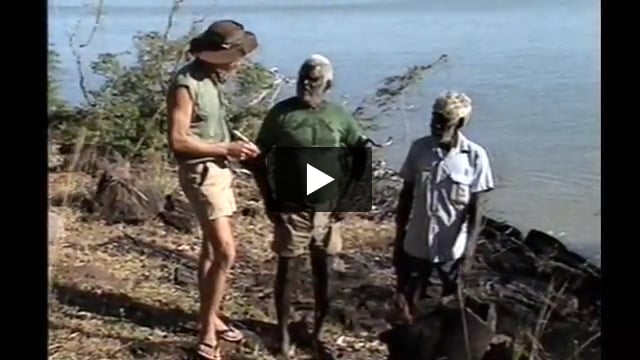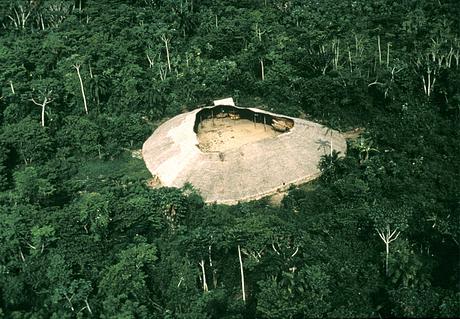Government endorses UN Declaration on Indigenous peoples
April 3, 2009
 © John Miles/Survival
© John Miles/SurvivalThis page was last updated in 2009 and may contain language which is now outdated.
Australia formally endorsed the UN Declaration on Indigenous peoples today, reversing its previous opposition.
At a ceremony in Parliament House, Indigenous Affairs Minister Jenny Macklin said, 'Today, Australia takes another important step in re-setting the relationship between Indigenous and non-Indigenous Australians and moving forward towards a new future.
'Today, Australia joins the international community to affirm the aspirations of all Indigenous peoples… On 17 September 2007, 143 nations voted in support of the Declaration. Australia was one of four countries that voted against the Declaration. Today, Australia changes its position. Today, Australia gives our support to the Declaration.
'We do this in the spirit of re-setting the relationship between Indigenous and non-Indigenous Australians and building trust.'
The four countries that opposed the Declaration when it was formally adopted by the UN General Assembly in 2007 were Australia, the US, Canada and New Zealand. Although it has no legal power, the Declaration establishes an important set of standards by which countries' treatment of their Indigenous population can be judged.



